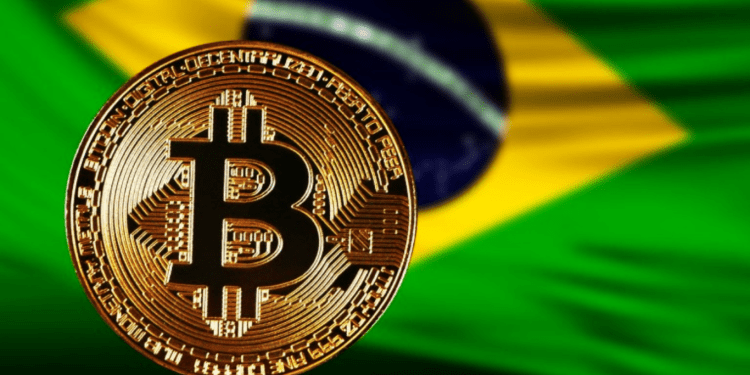- Pedro Magalhães, a blockchain professional, exposes troubling facets of Brazil’s Central Bank Digital Currency (CBDC) that allows central control over account balances.
- The CBDC’s code reveals functions for account freezes, balance adjustments, and currency transfers, leading to questions about who has the authority to execute these actions.
- While potential benefits exist, the lack of clarity and public involvement in the development of these smart contracts can have considerable implications on financial freedom and privacy.
Unraveling the secrets of Brazil’s digital real, Pedro Magalhães, Iora Labs founder and renowned blockchain developer, stumbled upon surprising revelations. Upon investigation, Magalhães reported aspects of the Central Bank Digital Currency’s (CBDC) system that empower a central entity with significant control over digital funds.
Upon examining the source code available on GitHub, the Central Bank of Brazil’s test site for the digital real, Magalhães found it had features that allowed the freezing or unfreezing of accounts, balance modifications, and transfers of funds between addresses. It also permits the creation or removal of digital real from specific addresses. The question that looms large is who can execute these functions and under what conditions?
Magalhães admits that such features could be advantageous in a decentralized finance (DeFi) environment. The Central Bank might employ these functions for secure loans and other fiscal transactions. However, having unbounded control over balances without regulation, he cautions, is an entirely different beast.
Transparency in smart contract creation forms the heart of the matter, Magalhães points out. Public participation in deliberations about these smart contracts is noticeably absent, despite their potential to profoundly impact financial independence and privacy. Yet, he acknowledges the possible upsides of a CBDC.
The digital real could promote more lucid taxation, allowing the populace to precisely track how tax money is utilized and state purchases. Central bank economist Fabio Araujo previously highlighted the potential of the digital real to offer a more secure and innovative environment, while also preventing bank collapses.
Hyperledger Besu, the blockchain platform used in the digital real pilot, is a private system compatible with the Ethereum Virtual Machine, further raising concerns about central control. To become a node, users require the central bank’s authorization, adding to the discourse on the subject, Magalhães adds.
Brazil Rises as Global Crypto Powerhouse
In 2023, Brazil leaps forward as a dynamic player in the global cryptocurrency scene. Backed by President Luiz Inácio Lula da Silva’s legislation, the central bank now governs the booming crypto market, influencing the sector’s structure and regulating tokens viewed as securities. Digital banking leader Nubank’s launch of the Nucoin token adds to the country’s crypto momentum, with this asset accessible to millions of customers in Brazil and beyond.
With the Bank of Brazil facilitating tax payments via Bitfy, a cryptocurrency, and the test run of the digital real, Brazil’s own Central Bank Digital Currency (CBDC), the nation is advancing at full throttle in crypto adoption. Approximately 16 million Brazilians now own cryptocurrencies, surpassing traditional investments like real estate and stocks. Brazil’s enthusiastic crypto community is now an influential global entity, with its future trajectory heavily reliant on effective regulation and asset promotion.












